Humanities
For KS3 pupils have two lessons per week for history and geography, and one lesson per week for RE.
Broad Education
Our aim within the humanities faculty is to challenge, inspire and encourage curiosity within all of our pupils by offering them a broad and balanced experience of geography, history and Religious Education at Dame Elizabeth Cadbury School. We want all pupils to have developed a deep understanding of the world that they live in, and have the confidence to form opinions on a range of historical and contemporary issues.
Pupils will study history, geography and RE at KS3 before choosing to study history or geography at GCSE. Both of these humanities subjects are a popular choice for GCSE and many pupils do choose to study both of these subjects at KS4. We are delighted that pupils are able to further their interest in history and geography by studying them at A level.
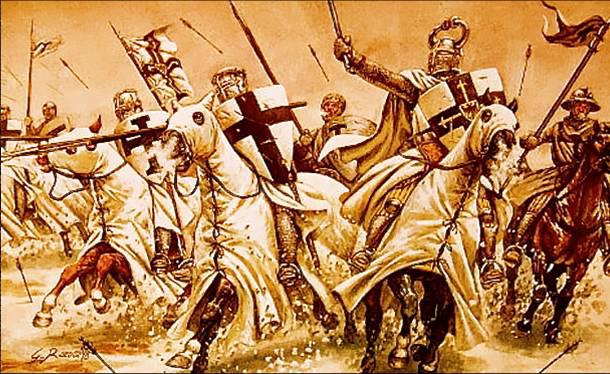
History
By the end of kS3 pupils should have a secure knowledge of local, national and international history enabling them to understand their own identity and background and the values of the country that they live in. Pupils should be able to understand that history is constructed from contemporary evidence, much of which is unreliable; though still useful and be able to develop the skills and knowledge by which to interpret this evidence. Pupils should be able to write and articulate their ideas and opinions increasingly well and with more and more sophistication.
Geography
By the end of KS3 pupils will have a good understanding of their local surroundings and their place in the world. They will develop a sense of awe and wonder of the world and will have gained an understanding of the impact that humans have on the planet and the important role of sustainability in the future of planet Earth. They will have knowledge of the human and physical geography of the UK, as well as a range of locations around the world including countries in Africa, the Middle East and Asia. They will have a competent range of skills to interpret geographical information such as maps, diagrams and graphs. They will have developed enquiry skills through fieldwork in the local area.

Religious Education
By the end of Key Stage 3 students will be able to identify the key beliefs of all six major world religions. They will have gained the necessary skills to understand the similarities and differences between these religions by recognising their core beliefs. For example, the belief in one God within the Abrahamic religions. Students will also be able to identify the sacred texts, places of worship and key religious practices.Results
Due to the nature of results from 2020 we would like to reflect on our previous results within our GCSE subjects. In 2019 our history cohort achieved 66% grade 4 or above and in our geography cohort they achieved 69% grade 4 or above, both of these results are above the national average. Our progress score within the humanities faculty was 0.60.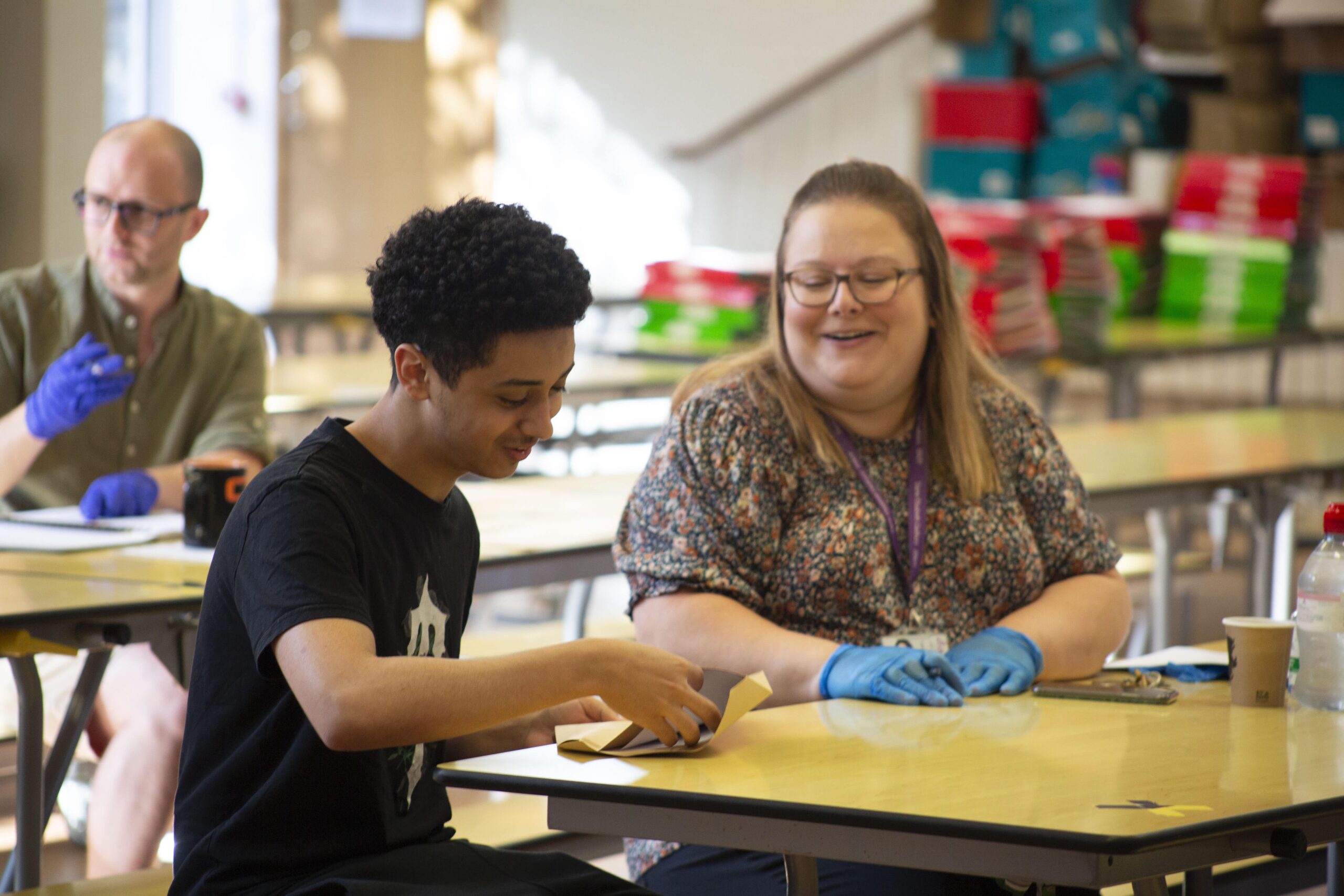
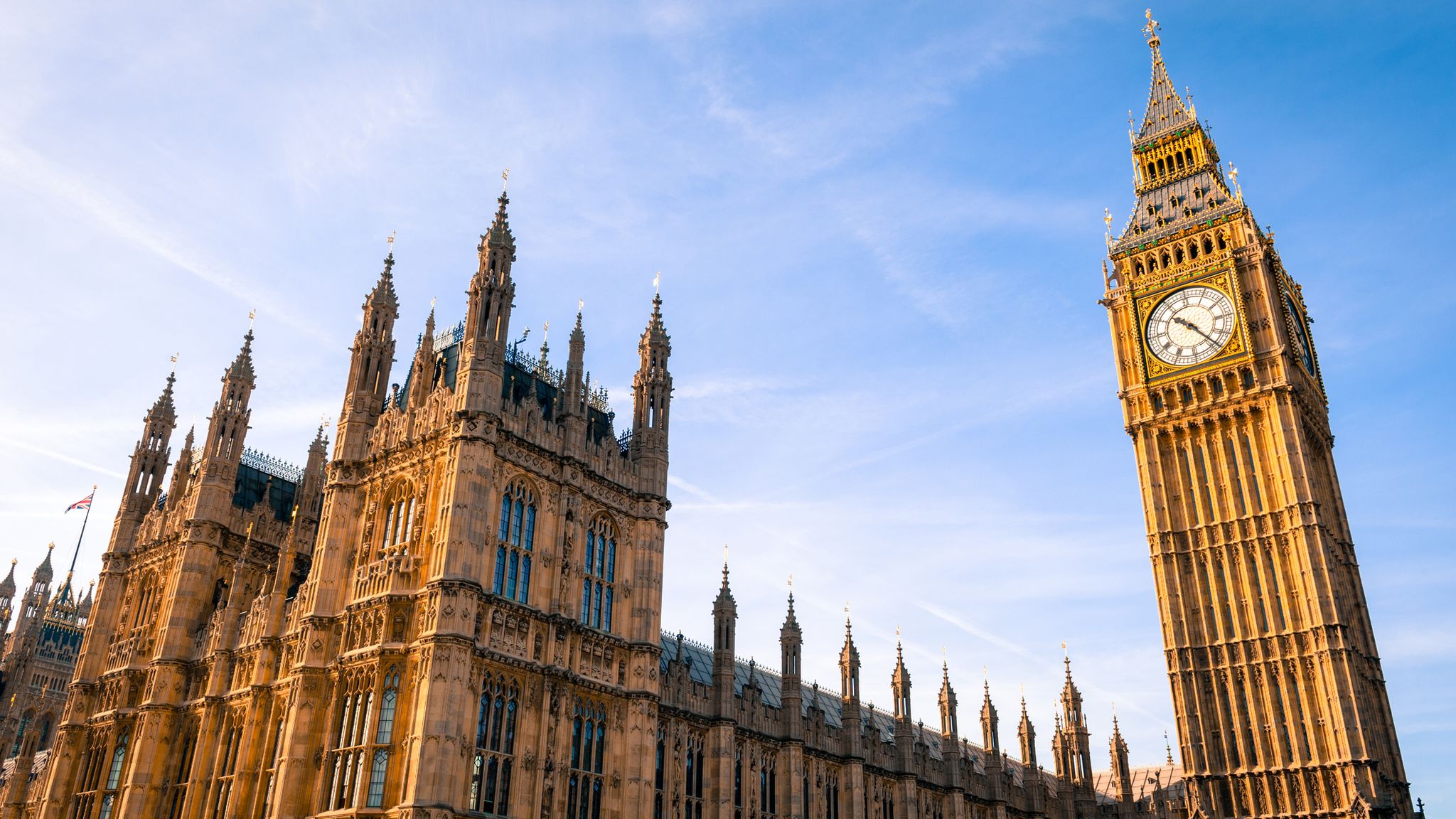
Parliament Trip
Past Trips
Every Year we take a small group of Year 9 and Sixth Form geography and history students to visit our nation's capital London. This is an incredibly exciting trip as in the morning we visit the National Portrait Gallery and explore the Tudor Portraits gallery, which features a range of famous paintings. We then walk from Trafalgar Square to Leicester Square for lunch at the Rainforest Café. To finish off the day we walk through Whitehall passing famous landmarks such as the Cenotaph and Downing Street to arrive at The Houses of Parliament. When we arrive, we are given a guided tour of the building and even get the opportunity to sit in the House of Commons and House of Lords to watch real debates take place. Once the tour is over, we take part in a workshop to explore how students can engage in and influence national politics as well as meeting Bournville MP Steve McCabe for a Q&A session.
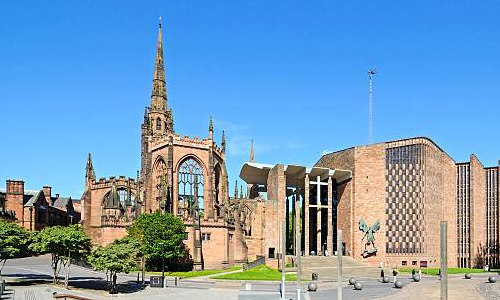
Religious Venues
Past Trips
As part of our development of the school’s religious education curriculum we organise a trip for all year 7 pupils to visit religious venues for some of the religions they will learn about throughout the course. This includes the Cradley Heath Central Mosque, for a tour of the building and an explanation of Islamic practice and what it means to be a Muslim in modern Britain; St John the Baptists Church, to explore the practice of Christian faith in Britain and how the church has been used by different denominations of Christianity throughout its 1000 year history and finally the Jangchub Ling Buddhist Centre, where students will find out more about the practices of Buddhism and take part in a guided meditation led by the monk who runs the centre. We are also currently in talks with the Guru Nanak Gurdwara in Smethwick in order to learn more about Sikh faith and practice in person.
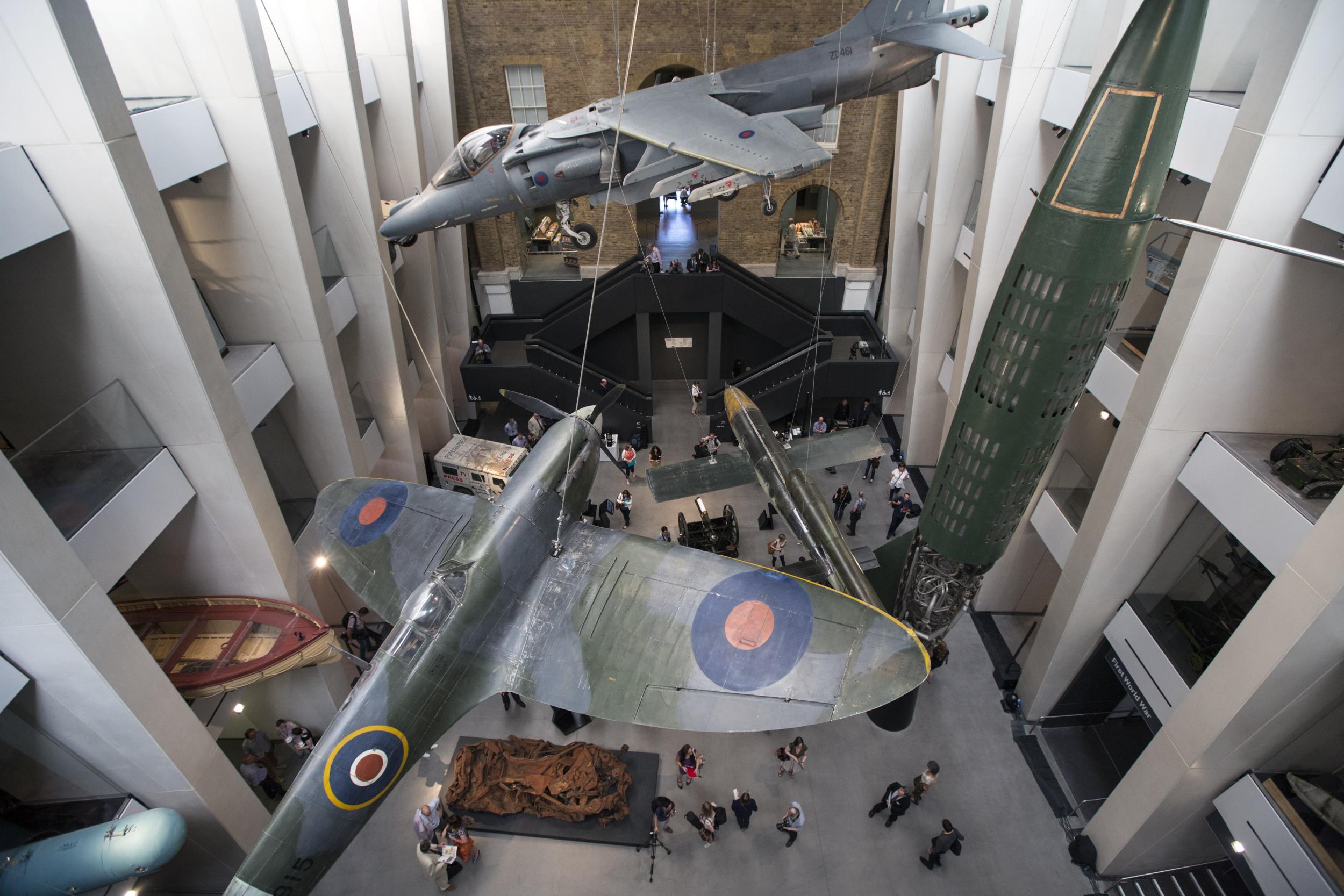
Natural History Museum & Imperial War Museum
Past Trips
In order to engage our pupils in the History and Geography curriculums before choosing GCSE options, we offer Year 8 students the opportunity to join us on a trip to London in order to visit two of the country’s most iconic museums. In the morning we visit the Imperial War Museum where students will have the opportunity to explore the exhibits for World War 1, World War 2 and the hall of Victoria Crosses, this gives students the chance to see and experience some of the history of our nation first hand. In the afternoon we travel to the iconic Natural History Museum, where we experience the “Rock the House” show, giving students a taste of some of the incredible physical geography they will learn about in their GCSE Studies. After the show is completed students will be able to explore the dinosaurs exhibition at the museum and see fossils for dinosaurs including the Triceratops, Velociraptor and of course the T-Rex.
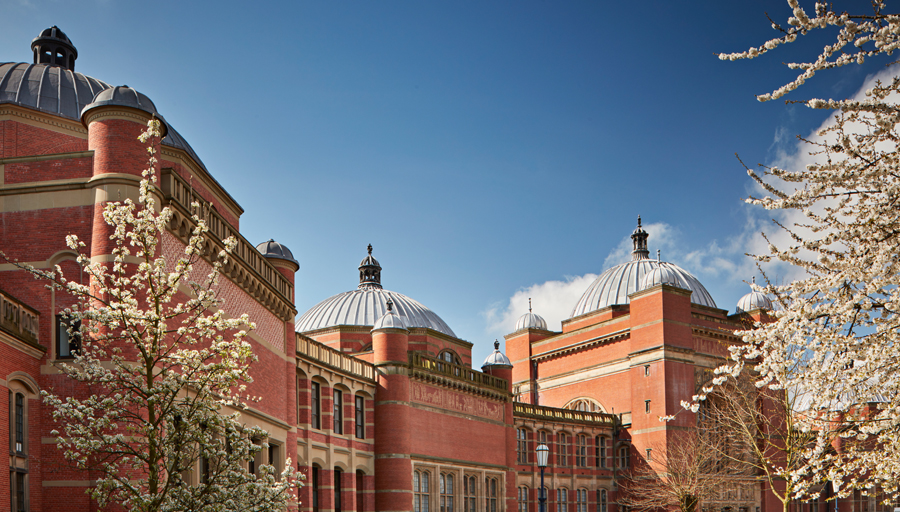
Lapworth Lectures
Past Trips
Throughout the academic year, the University of Birmingham and the Lapworth museum hold open geography lectures on a Monday evening. A number of our sixth form students have attended these guest lectures in order to experience what life after Dame Elizabeth Cadbury could be like if they go on to a geography degree. A highlight of this was the guest lecture delivered by Oxford University professor Tamsin Mather on what it is like to study volcanoes as a career.
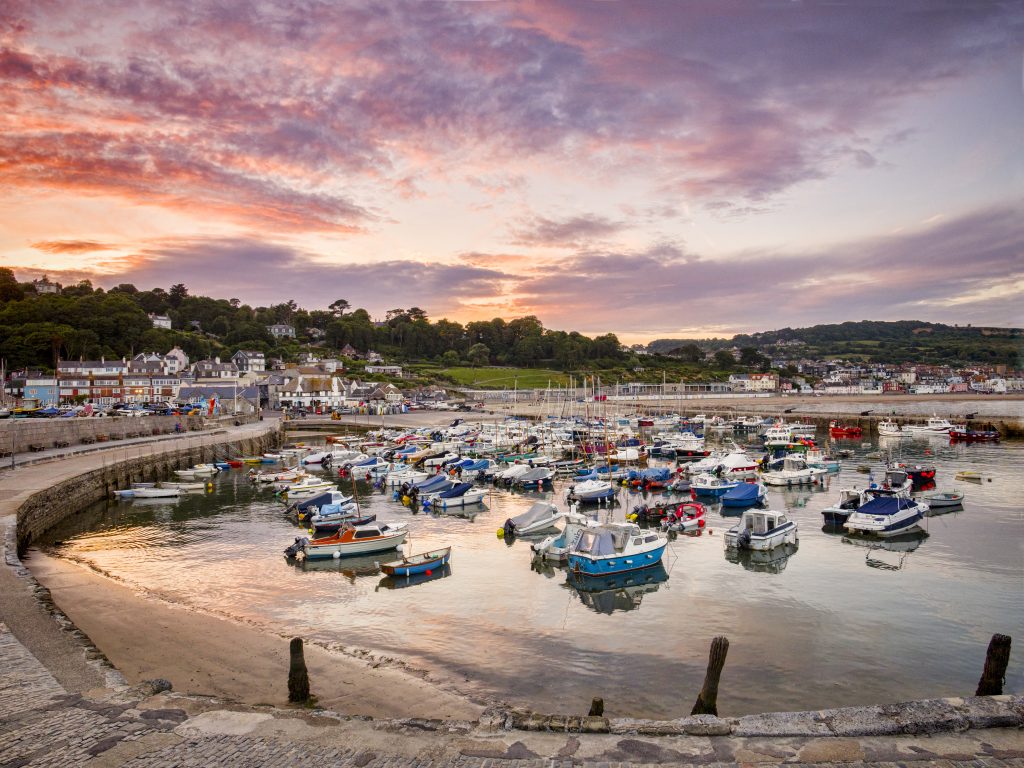
Lyme Regis
Past Trips
As part of the Key Stage 3 and 4 curriculum pupils learn about the coast around the UK including coastal processes and how the coastline of the UK is managed, and as part of this are given the opportunity to visit Lyme Regis for the day in the Summer Term. This trip allows them to explore a small coastal town, visit the beach and get first-hand experience of the many coastal management strategies that protect Lyme Regis.
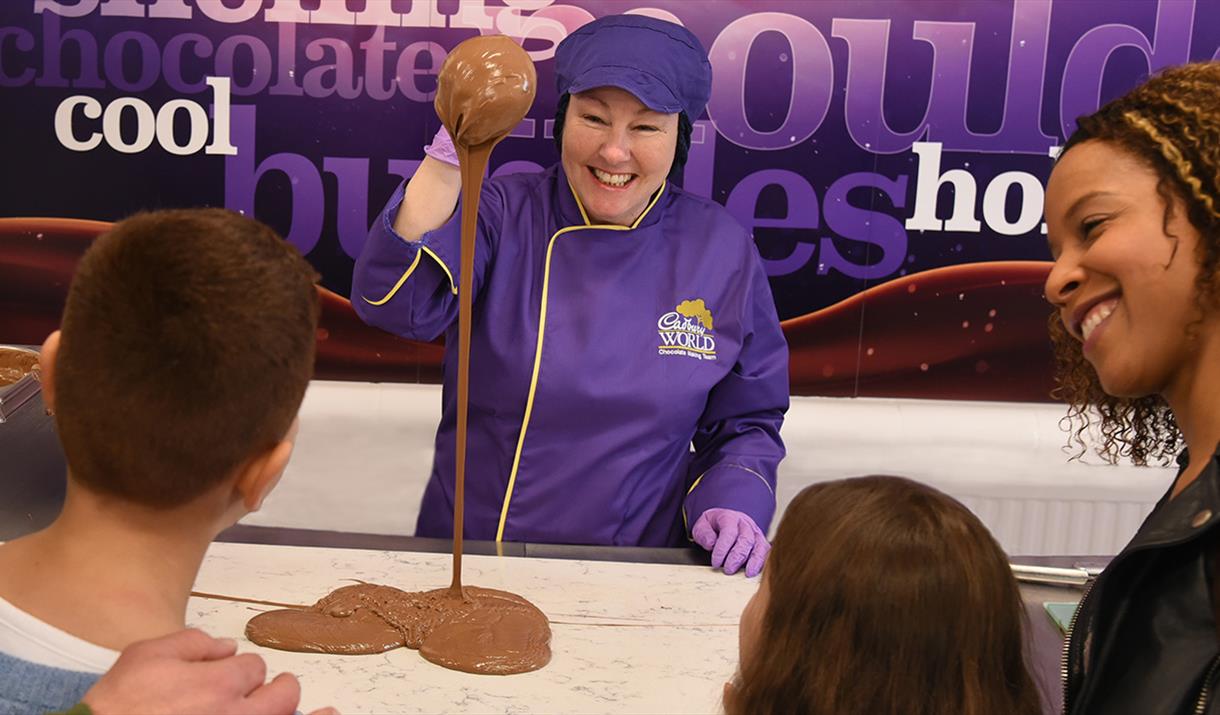
Cadbury World
Past Trips
As part of the Key Stage 3 curriculum in geography pupils given the opportunity to visit Cadbury World. The trip allows them to understand the development of Cadburys and now Mondelez as a TNC, and learn how Bournville has changed as a settlement over time. As part of this trip they visit the Cadbury museum, have a tour of Cadbury World and listen to a talk tailored to the globalisation unit that they cover in school.

Carding Mill Valley
Past Trips
As part of the GCSE geography course pupils visit Carding Mill Valley in Shropshire. This trip is offered to all our pupils as part of the fieldwork component of their GCSE. Carding Mill Valley is a National Trust site, and is an area of outstanding natural beauty. The trip involves investigating how a river valley changes from its upper reaches at Lightsprout Waterfall, down to the lower course before it reaches Church Stretton. It is an ideal opportunity for pupils to see how geography taught in the classroom come to life.
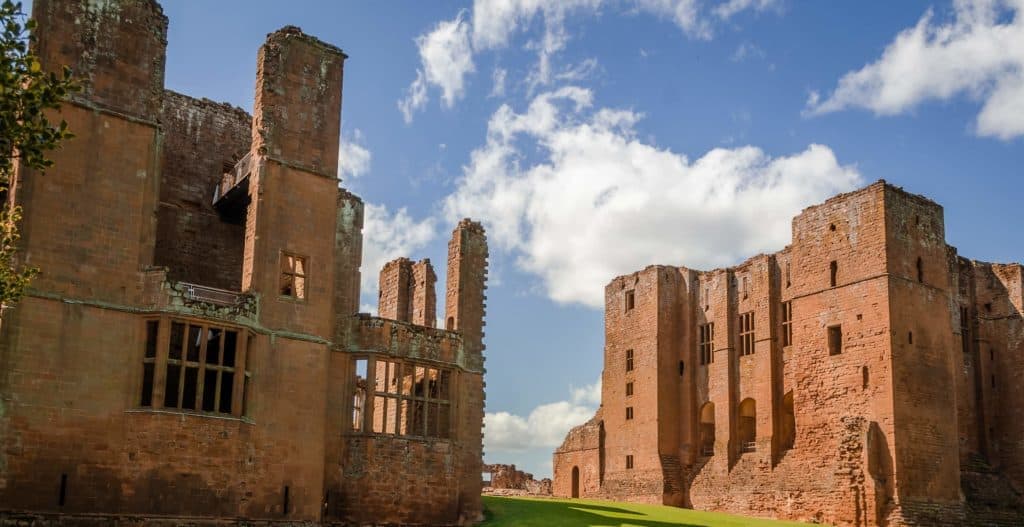
Kenilworth Castle
Past Trips
As part of the Year 7 History Curriculum pupils are given the opportunity to visit one of the great Castles of England in the Summer Term. This links to their study of both Medieval and Tudor History as the castle was originally founded as part of the Norman Conquest of England and Wales. Kenilworth Castle provides a wonderful opportunity for pupils to see the changing use over time of castles as alongside the Medieval Keep can be seen Leicester’s buildings which were constructed for the visit of Elizabeth I in Tudor times. Coming as it does in the summer term of year 7 the visit acts as a wonderful bridge between their year 7 and year 8 History studies.
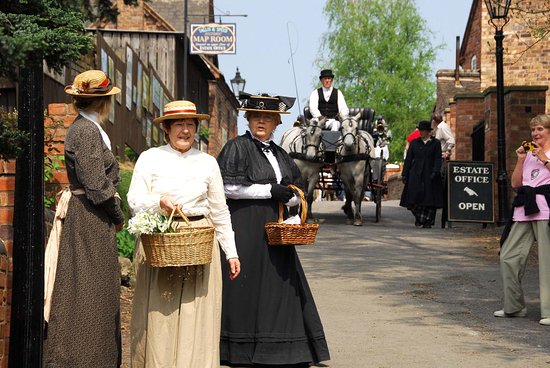
Blists Hill Victorian Town and Ironbridge
Past Trips
As part of the Year 8 History Curriculum pupils are given the opportunity to visit the Blists Hill Victorian Town which allows them to enhance their knowledge and understanding of the Industrial Revolution and its impact on the people who lived through this dramatic period of History. Pupils then have the chance to go and see the World Heritage site in Ironbridge where the first iron bridge still stands over the River Severn as a stunning testament to the remarkable engineering exploits of the 18th Century.
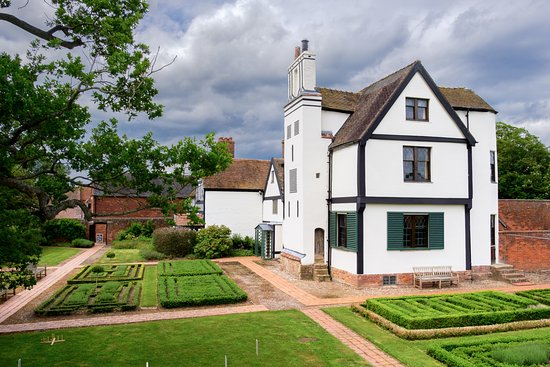
Boscobel House and RAF Cosford
Past Trips
As part of the Year 8 History Curriculum pupils are given the opportunity to visit Boscobel House and RAF Cosford in the Summer Term. Boscobel House is a Tudor hunting lodge made famous as the hiding place of Charles II as he escaped from Oliver Cromwell after Parliament had defeated him at the Battle of Worcester in 1651. Pupils have studied the Civil Wars in year 8 and it allows them to widen their knowledge and understanding of the period. In the afternoon pupils go to RAF Cosford where there are wonderful exhibitions based on the two World Wars and the Cold War that followed all topics covered during the Year 9 History Curriculum so the experience provides an excellent introduction to these areas of study.
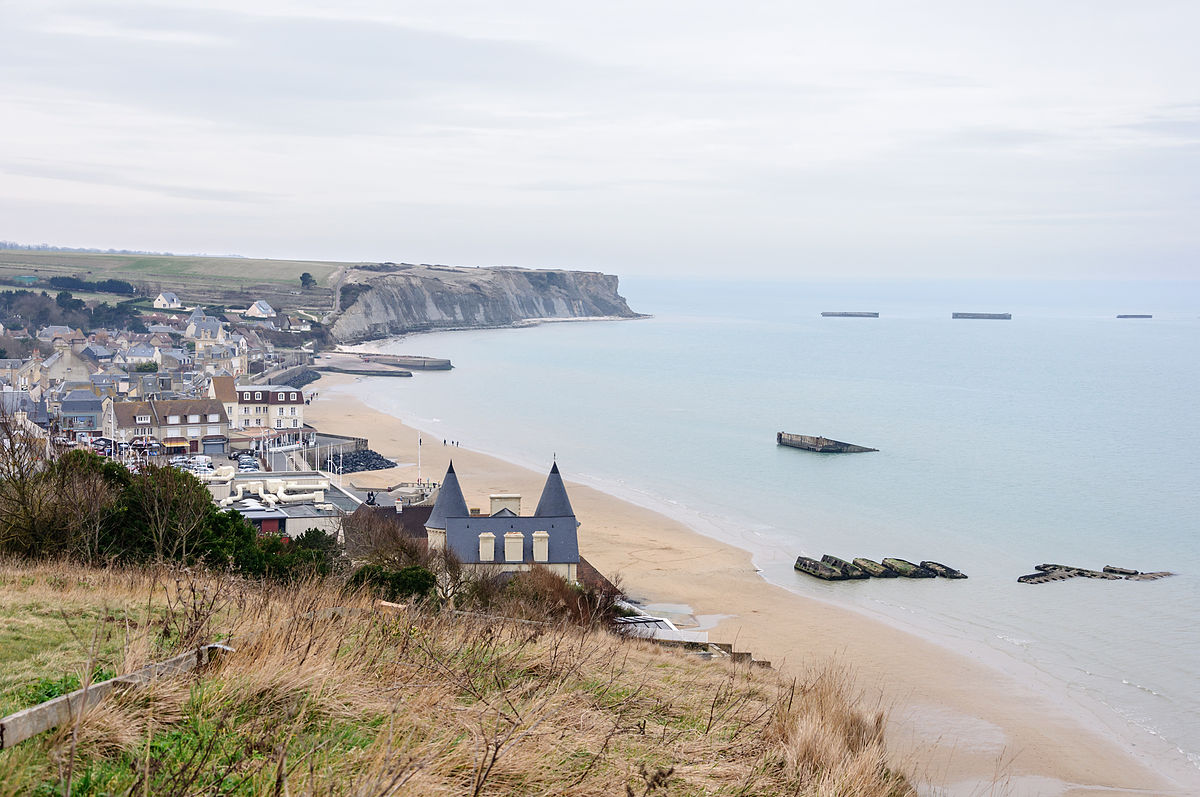
Overseas Humanities visit
Past Trips
During the summer term pupils in years 9 to 11 have the opportunity to go to the continent on a Humanities visit, for many it is their first experience of going abroad. Three destinations are visited in a cycle; many pupils will visit all three. One visit is to Normandy where pupils can immerse themselves in the events of D-Day and the beginning of the defeat of Hitler’s Germany. A second visit is to Belgium and the battlefields of World War One where poignantly DEC pupils have participated in the nightly vigil at the Menin Gate in Ypres with the playing of the Last post to remember the fallen. The third visit sees pupils fly to Berlin and have the opportunity to visit the Nazis concentration camp at Sachsenhausen where the Holocaust was directed from and to visit sites linked to the Cold war.
Iceland
Future Trips
In order to give our students the opportunity to experience Humanities in the wider world, the school is currently researching and planning for a GCSE and Alevel group trip to Iceland for our students. This will give them the opportunity to see some of the most exciting geographical features they will study during their time with us here including Volcanoes and Glaciers. They will also have the opportunity to experience a completely different culture and gain an understanding of the history that has helped shape it.

Aberystwyth University and Cadair Idris
Future Trips
As part of our A-level Geography Curriculum we are developing academic links with Aberystwyth University in order to complete our Compulsory Fieldwork Module. Through the university we will explore the post-glacial landscapes of Wales, specifically considering the mountain landscape of Cadair Idris, before taking part in undergraduate lectures at the university.

